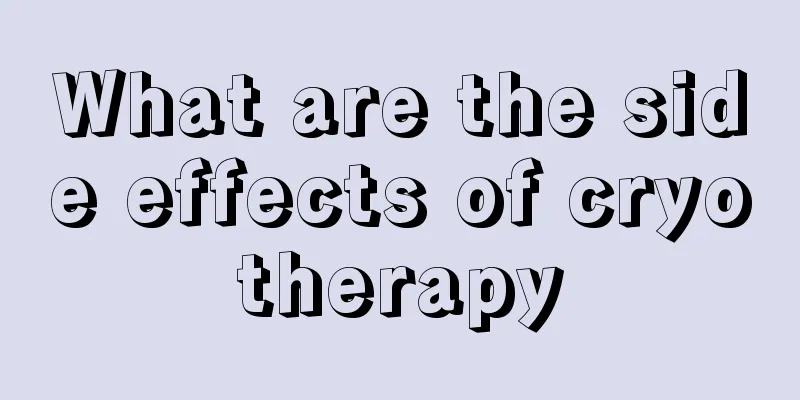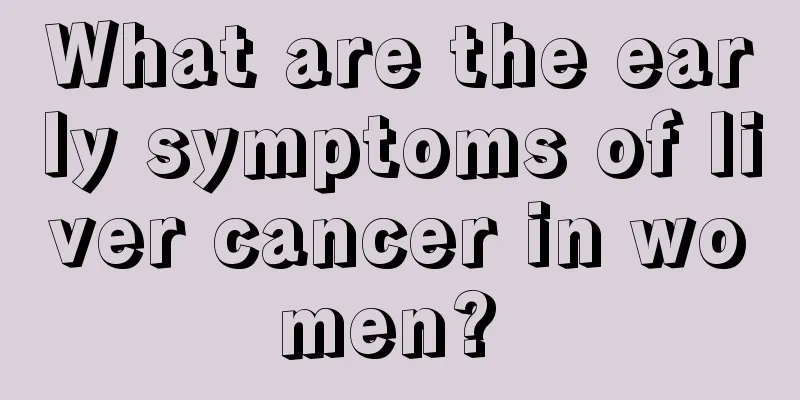What are the side effects of cryotherapy

|
Cryotherapy is a new treatment method invented in modern medicine. In the past, when people had a fever, they used antipyretic drugs or ice cubes, but now, cryotherapy can help people cool down quickly. In addition to cooling, cryotherapy can also be used to reduce pain before people need major surgery, but cryotherapy also has disadvantages. So, what are the side effects of cryotherapy? 1. What is liquid nitrogen cryotherapy? Liquid nitrogen cryotherapy refers to a method of using liquid nitrogen to produce deep low temperatures, acting on local tissues to treat certain diseases. This method was first used in brain surgery by Cooper et al. in 1961. It has now been widely used in the treatment of diseases in the skin, eyes, ears, nose and throat, urology, obstetrics and gynecology, surgery, dentistry and other departments, becoming a new medical technology in clinical medicine. It has the advantages of being simple, safe, rapid, effective, less painful and with few complications. 2. Does liquid nitrogen cryotherapy have any side effects? This therapy generally has no obvious systemic reaction. Only in individual cases, transient syncope may occur due to excessive mental tension, which will disappear after a short rest. The local reactions are obvious, the most common of which are pain, edema, puddle, blood scar, exudation, induration, loss of pigmentation or deposition. In some cases, local secondary infection, bleeding, nerve involvement, scars and skin atrophy may occur. Generally, these side effects are mild and disappear without special treatment. Usually the local reaction disappears in about half a month, the shortest is 3 days and the longest is one month. 3. Side effects of liquid nitrogen cryotherapy 1. Pain: occurs during treatment and within 1-3 days after treatment, and is mostly tolerable. Individuals with significant pain can take painkillers orally. 2. Edema: It begins to appear after treatment, reaches a peak within 24 hours, and then gradually disappears. No special treatment is required. 3. Blisters and blood blisters7: They appear 2-4 hours after freezing and gradually absorb and form in 4-5 days. At this time, protection should be strengthened to prevent infection. 4. Depigmentation: Most of the time, depigmentation spots are left. It usually disappears within 6-12 months, but a few people cannot recover. 5. Bleeding: Generally rare. It is occasionally caused during freezing and thawing or when necrotic dermoid skin or pseudomembrane falls off (10-20 days after freezing and thawing). Patients with hemangiomas should be closely observed for about 2 weeks after freezing. If bleeding occurs, apply pressure to stop the bleeding immediately. 6. Nerve involvement: After freezing of hands, feet, and face, local neurological dysfunctions such as numbness, pain, and facial paralysis may occasionally occur, and generally recover within 2.5-3 months. Neurotrophic drugs can be used at this time to promote recovery. 7. Bone necrosis: Freezing of finger and toe tips, especially direct spraying, can easily damage the underlying bones of the fingers and toes, or even cause necrosis and deformity, and should be taken seriously. |
<<: What should I pay attention to when using cryotherapy to treat warts
>>: How to treat cold rheumatism
Recommend
Oral intracranial pressure-lowering drugs for brain cancer
When the intracranial volume increases due to mul...
If the mother has stomach cancer, will it be inherited?
Is gastric cancer hereditary? I believe this is t...
Can Tieguanyin be drunk after 7 years?
In my country's tea culture, different variet...
Three ways to check for testicular cancer
Testicular cancer is a malignant tumor that serio...
Hepatitis B treatment is slow in effect, when will it be cured?
In daily life, some patients are carriers of hepa...
What are the differences between black spots and moles?
Many people think that black spots and moles are ...
What is the reason why ovarian tumors are prone to recurrence
The arrival of diseases such as ovarian tumors is...
How to massage cervical pain, you need to choose the correct acupoints
For diseases such as cervical pain, we can reliev...
What are the effects of swallowing disorders
There are many diseases, big and small, in life t...
What are the symptoms of progressive spinal muscular atrophy
Although progressive spinal muscular atrophy is n...
How to remove oil stains from clothes
Everyone can have a clean and tidy image, which w...
Is ovarian tumor serious?
Are ovarian tumors serious? Ovarian tumors are re...
How to get rid of the little pimples on the neck?
We often see small lumps of flesh on our necks. T...
Clostridium botulinum food poisoning
In life, we only know that food can be poisonous ...
The difference between baseball and softball
Baseball is very common, and this type of sport i...









